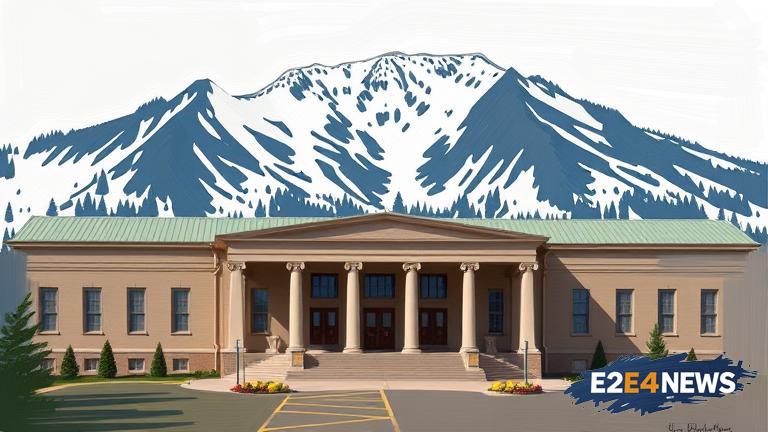A recent request for statewide court records access in Montana has sparked a wave of protests among clerks, who are citing concerns over privacy and workload. The request, which was made by a private company, seeks to access all court records in the state, including sensitive information such as names, addresses, and social security numbers. Clerks across the state are pushing back against the request, arguing that it would compromise the privacy of individuals involved in court cases and create an undue burden on their offices. Many clerks are also concerned that the request would require them to devote significant resources to redacting sensitive information from the records, which would take away from their other duties. The controversy has sparked a statewide debate over the balance between public access to information and individual privacy. Proponents of the request argue that it would increase transparency and accountability in the court system, while opponents argue that it would put sensitive information at risk of being compromised. The Montana Supreme Court has weighed in on the issue, ruling that clerks are not required to provide access to court records without a court order. However, the court also noted that clerks have a duty to provide access to public records, and that the request may be legitimate in certain circumstances. As the controversy continues to unfold, clerks and court officials are working to find a solution that balances the need for public access with the need to protect individual privacy. The issue has also raised questions about the role of private companies in accessing public records, and whether they should be allowed to request such information. Some have argued that private companies should not be allowed to access court records without a legitimate reason, while others argue that it is a public right to access such information. The Montana legislature has also been drawn into the controversy, with some lawmakers calling for legislation to clarify the rules around court records access. The issue is likely to continue to be a topic of debate in the coming months, as clerks, court officials, and lawmakers work to find a solution. In the meantime, clerks are continuing to push back against the request, citing concerns over privacy and workload. The controversy has also sparked a wider conversation about the importance of protecting individual privacy in the digital age. As more and more information becomes available online, there is a growing need to ensure that sensitive information is protected from unauthorized access. The Montana court records controversy is just one example of the challenges that arise when trying to balance public access with individual privacy. Ultimately, the solution will require a careful balancing of competing interests, and a commitment to protecting the privacy of individuals involved in court cases. The controversy has also highlighted the need for clear rules and guidelines around court records access, to ensure that clerks and court officials know what is expected of them. By working together, clerks, court officials, and lawmakers can find a solution that works for everyone, and that protects the privacy of individuals while also promoting transparency and accountability in the court system.





